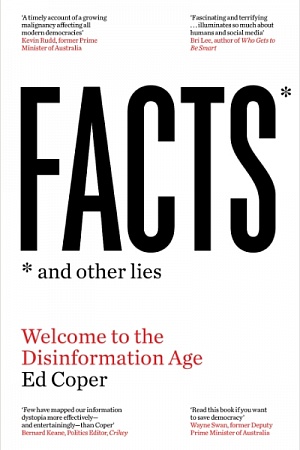Notes on a pandemic: How society has responded to Covid-19
Listen to this essay read by the author.
I was operating when it arrived. Between patients I read the email hastily. It concerned an article from surgeons at Stanford University. Along with colleagues in the United States, Italy, China, and Iran, they were reporting an increased risk of death from Covid-19 among otolaryngologists, neurosurgeons – and ophthalmologists, like me. Surgery around the nasal passages or other mucous membranes of the face seemed to release a potentially lethal aerosolised load of the SARS-CoV-2 virus. Among the casualties were surgeons in their thirties.
I thought of Dr Li Wenliang, the thirty-three-year-old Chinese ophthalmologist who died from Covid-19 after blowing the whistle on the outbreak in late December 2019. I closed my inbox and focused on the next patient. Amid the din in the theatre, a new alarm sounded a worrying thrum.
Cycling home, I pedalled faster than usual. My wife, also a doctor, was in her third trimester of pregnancy; she was posted in Accident and Emergency at the time. Her commitment to work both impressed and concerned me. So far, Covid-19 had only affected pregnant women in a mild to moderate degree, with no cases of in utero transmission to newborns. Some babies had been affected by maternal illness after delivery, causing fever, respiratory distress, and, in one case, neonatal death. My wife and I considered the evidence – a tug of war of uncertainty, risk, and the limits of her duty to medicine. Soon afterwards, three MV Artania cruise-ship passengers, confirmed as Covid-19 positive, were transferred to A&E during her shift. That night, there were tears and hugs at our home.
At work, in both public and private hospitals, the impact came in waves, each one bigger than the last. New infection-control measures rolled in daily: screening stations, thermometers, personal protective equipment (PPE), wall-to-wall public health announcements. The undertow swept away hundreds of non-urgent appointments, all rescheduled to a later date in order to depopulate waiting rooms, maintain physical distancing, and preserve PPE. For deferred ophthalmic patients, there was, and remains, the small but significant risk of vision loss.
Continue reading for only $10 per month. Subscribe and gain full access to Australian Book Review. Already a subscriber? Sign in. If you need assistance, feel free to contact us.












Comments (9)
As for the comment about US sanctions: do not expect any humanity on the part of the present US government. Its leader does not lead, his minions are fanatics with no perceptible mercy.
I too, hope you are able to be present at your daughter’s birth and that your family remain well.
Congratulations on a great documentary on our current Pandemic.
Leave a comment
If you are an ABR subscriber, you will need to sign in to post a comment.
If you have forgotten your sign in details, or if you receive an error message when trying to submit your comment, please email your comment (and the name of the article to which it relates) to ABR Comments. We will review your comment and, subject to approval, we will post it under your name.
Please note that all comments must be approved by ABR and comply with our Terms & Conditions.